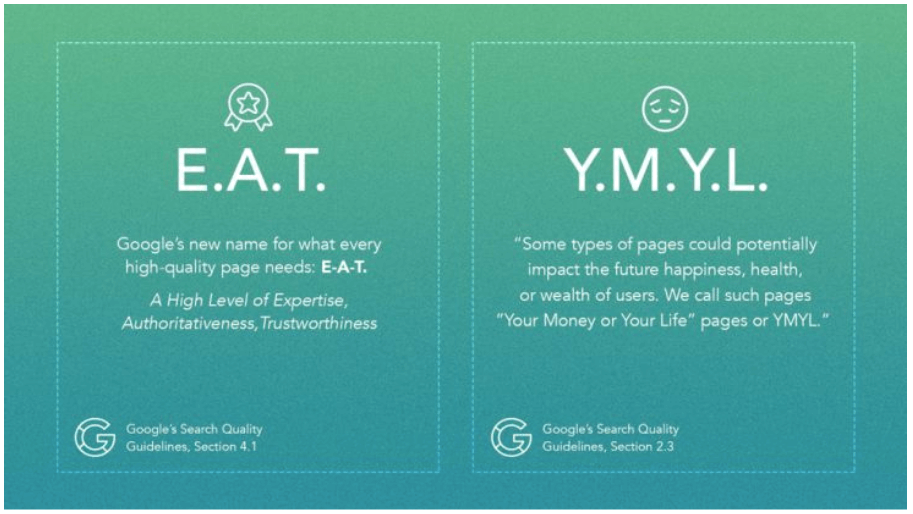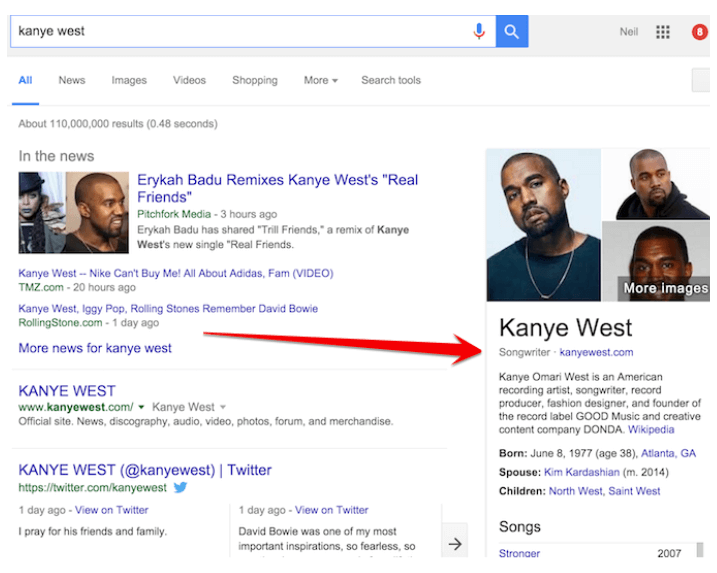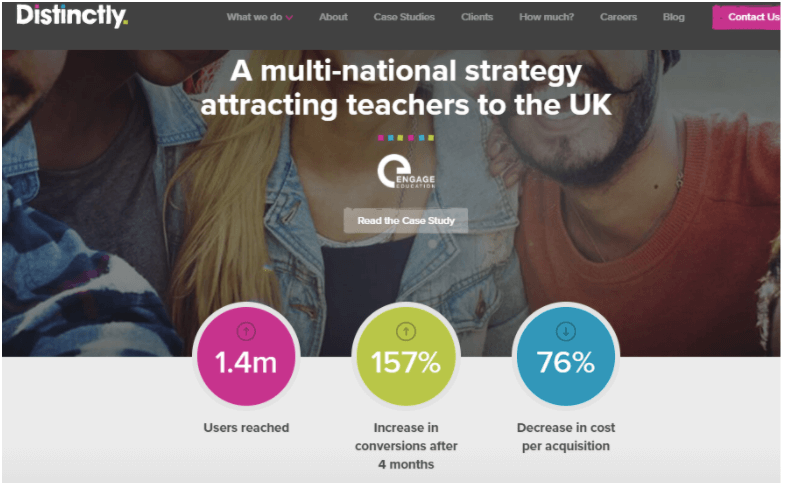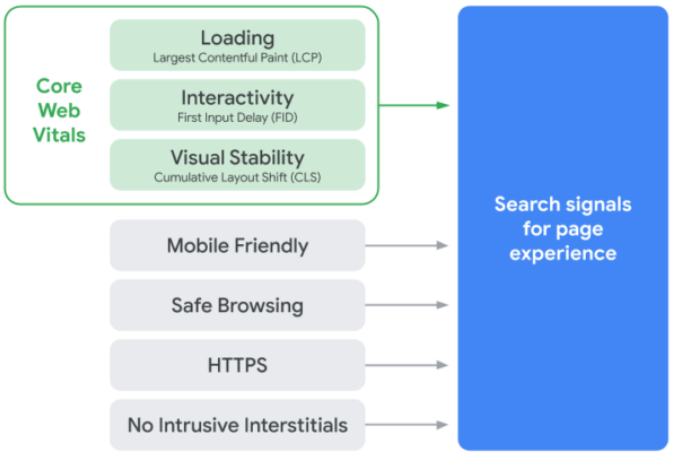How to strengthen your website’s trust signals for Google
Back in August 2018, Google released the Medic update which heavily focused on penalising untrustworthy websites in the ‘Your Money Your Life’ (YMYL) categories. This led to the creation of an acronym which touched on three key areas – expertise, authority and trustworthiness, [E-A-T]. Before this update, all of these factors should have naturally featured in your SEO strategy so this may have been a friendly reminder for some – however for others, there were many changes to be implemented.
A clearer understanding of what E-A-T means and its effect on YMYL websites can be found in the image below:

This article provides some insight into how you can strengthen the trust signals on your website – an area that all businesses can generally improve on. Some of these strategies will make you stand out from your competition, develop a bond with your customer base and elevate your expertise in your marketplace.
Review and protect your brand SERP
Users will often carry out extensive research on companies before they eventually convert or commit themselves to a brand – the first step being to search for the company on Google. Your brand search results page [SERP] is an important part of the discovery process and should provide useful information about the business, how people can reach you and any other accessibility points.
How can you build trust in your brand SERP?
Create a Google Business Account
Every business should create a Google Business account – it’s a great way of engaging with your customers and prospects. There are a number of features you can use to promote your products and capture audience attention – some of these have been included below:
- Google Posts – a popular method of pushing out offers, upcoming events etc.
- Google Products – a clever way of leveraging your key services or product areas to entice users to your website
- Google reviews – this is one of the most important parts of the Google Business platform. Users are drawn to 5 star ratings and a clear leader in the market.
Look to authoritative third party review platforms
Third party review platforms provide another layer of trust and credibility for your business. Depending on your business and niche, partnering up with established review platforms like TrustPilot or Feefo are recommended as these platforms can be incorporated onto your website in the form of widgets.

Pursue your knowledge graph
For larger businesses, knowledge graphs can become a prominent feature in your brand SERP and clearly showcase your history and credentials. Creating a knowledge graph isn’t the quickest solution as this involves creating a Wikipedia page, implementing structured data and building your authority through various promotional link earning campaigns.
An example of a knowledge graph in the SERPS can be seen in the image below:

Showcase your team’s expertise
If you are producing a lot of content on a daily basis, leveraging the expertise of your team is another important step to building trust. The first step would be to highlight who in the company warrants a profile page. This is a great chance to showcase your team’s skill sets, background information and accomplishments in their industry. A few potential inclusions are below:
- Accreditations
- Coverage in industry publications
- Industry background and qualifications
For instance, if you are a solicitor, prospects would want to assess your experience, read through case study material and review how trustworthy you are. Profile pages can meet these requirements and accelerate the conversion journey for your users.
Leverage trust building assets
With competition rising, it’s important your website captures the audience’s attention in their first visit. Usually, this would occur on the homepage, therefore including trust building assets like case studies and testimonials are highly recommended. Users want to know your business is credible and has a track record of happy clients and successful campaigns.
Some businesses maximise the above-the-fold display to showcase their great case study work – at Distinctly we do the same. Image below:

Conduct a content audit on your website
Conducting a content audit to identify content which may not be relevant or performing well is a really worthwhile exercise; this will then provide the opportunity to improve or purge some of the poor performing content.
How to ensure your content adheres to E-A-T quality standards:
- Include credible sources in your content – scientific evidence is encouraged depending on the topic area
- Clear structure and digestible format for your audience
- Be concise and answer the user’s question
Promoting authoritative resources in your link earning campaigns
Link building remains an important part of building trust. The ability to create useful, authoritative content and promote these to relevant publications is beneficial for you and your readership. Ultimately, achieving links from credible sources will only benefit your visibility as Google will start to register these connections and class these links as votes of confidence.
If you’re trying to develop a bank of linkable assets on your website then you need to think where they will be located and how they benefit your target audience. The main objective when creating linkable content is sustainability. This type of content should hopefully acquire links naturally and become useful resources for many readers in your industry.
Review your page experience
In May 2021, Google is releasing a page experience update which will review the speed and security of your website. This is not a new initiative as Google has been educating people on the importance of site speed and engagement and how this will determine your ranking positions moving forward.
The following image below outlines Google’s criteria for websites to adhere to:

If you manage to achieve a fast, secure and responsive user experience, this is the first step in the right direction. A key recommendation would be to liaise with your web development and SEO agency to align on these objectives and ensure you work together on a realistic timescale.
Lastly, just because Google is releasing this update in May, doesn’t mean your website will fall out of Google’s index for its target queries. However it is advisable to talk to your development team about the improvements they could make in this area.



